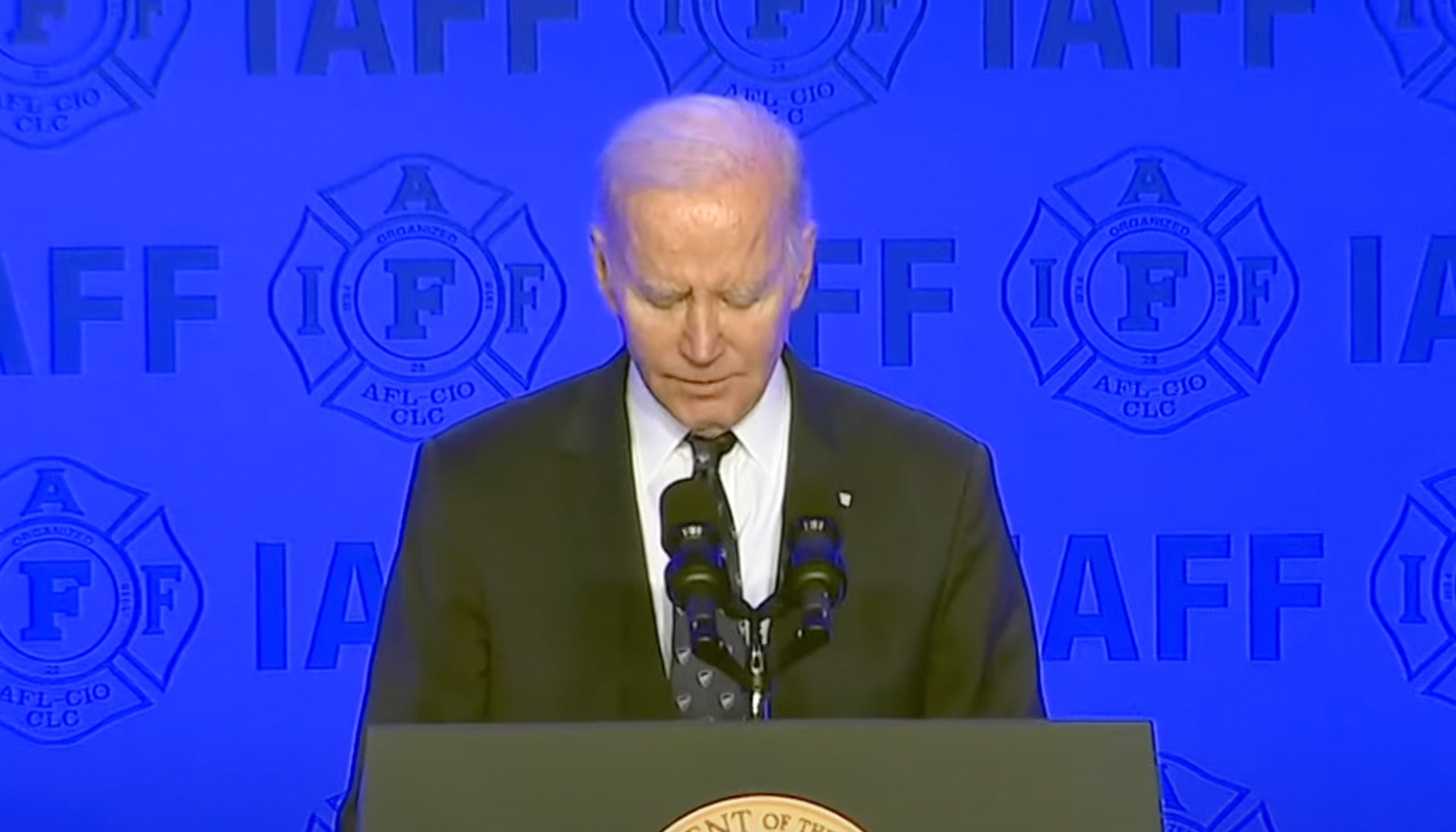Trump Enters Not Guilty Plea to Revised Indictment in Jan. 6 Case
Former President Donald Trump has entered a not guilty plea to a superseding indictment, which was crafted by special counsel Jack Smith and pertains to Trump's actions surrounding the Jan. 6 Capitol unrest.
The new indictment follows a recent Supreme Court ruling that has affected the implications of presidential immunity in legal matters involving former commanders in chief, and Trump's decision to plead not guilty was formalized by his legal team as he continues to allege that the charges are an effort to interfere with the upcoming 2024 election, as the Washington Examiner reports.
The indictment against Trump is an extension of earlier charges, now shaped by a recent Supreme Court decision regarding presidential immunity.
Trump waived his right to be present in court, instead authorizing his attorneys to submit the plea on his behalf in a one-page court filing. In the filing, Trump stated that he had reviewed the charges with his legal counsel and entered the plea of not guilty on each count.
Supreme Court Ruling Influences Indictment
The Supreme Court’s decision in the case of Trump v. United States on July 1 has had a significant impact on the legal proceedings. The court’s ruling on presidential immunity required that Smith revise the indictment originally brought against Trump. The updated charges reflect the court’s instructions and were narrowed in response to the justices’ findings.
In a 36-page document submitted by Smith's team, it was emphasized that the new indictment "reflects the Government’s efforts to respect and implement the Supreme Court’s holdings and remand instructions in Trump v. United States." This revision comes after the original indictment was filed, which alleged Trump's involvement in the events of Jan. 6, 2021, when supporters of the then-president stormed the U.S. Capitol.
Trump’s Reaction and Allegations of Election Interference
Despite the revised charges, Trump has consistently maintained his innocence and criticized the Justice Department's actions. He previously described the superseding indictment as an "act of desperation" by Smith's team.
Trump further alleged that the indictment is politically motivated, aimed at undermining his chances in the upcoming 2024 election. In a public statement, Trump accused the Justice Department of attempting to interfere with the electoral process, calling it an effort to "distract the American People from the catastrophes Kamala Harris has inflicted on our Nation."
“This is merely an attempt to interfere with the election and distract the American People from the catastrophes Kamala Harris has inflicted on our Nation, like the Border Invasion, Migrant Crime, Rampant Inflation, the threat of World War III, and more,” Trump said.
Details of the Superseding Indictment
The superseding indictment is a condensed version of the original set of charges related to Trump’s alleged role in the Jan. 6 protests. Smith’s initial charges had outlined multiple ways in which Trump was accused of inciting or otherwise encouraging the actions of his supporters on that day. However, the Supreme Court’s decision required modifications to the legal strategy, resulting in the revised document, which narrows the scope of the allegations.
Trump's legal team argued that the timing of the superseding indictment was politically motivated. They contend that the filing was an effort to interfere with Trump’s political future as he campaigns for re-election in the 2024 presidential race.
Trump Waives Right to Arraignment Appearance
In a strategic legal move, Trump chose to waive his right to appear at the arraignment for this case. Instead, he authorized his attorneys to handle the proceedings on his behalf. The decision was presented in a succinct, single-page court filing, which indicated that Trump had thoroughly reviewed the charges alongside his counsel before entering the not guilty plea.
“I, President Donald J. Trump, the above-named defendant … do hereby waive my right to be present at Arraignment and I authorize my attorneys to enter a plea of not guilty on my behalf to each and every count of the superseding indictment,” Trump stated in the official document.
Political and Legal Ramifications of Indictment
The superseding indictment, while legally significant, also carries major political implications. Trump’s claim of election interference, coupled with his not guilty plea, is likely to remain a focal point of his campaign rhetoric as he continues to vie for the Republican nomination in 2024. His legal battles, including this indictment, have added layers of complexity to his political aspirations, but they have also rallied his supporters, who view the charges as part of a broader political effort against him.
Meanwhile, the Department of Justice and Jack Smith's team remain focused on upholding their legal responsibilities. Smith’s team has been careful to craft the updated charges in accordance with the Supreme Court’s ruling, ensuring that the indictment aligns with the Court’s guidance.
Conclusion
In summary, former President Donald Trump has entered a not guilty plea to a revised indictment brought by special counsel Jack Smith, following a Supreme Court ruling on presidential immunity.
The indictment, related to Trump's actions on Jan. 6, 2021, has been reshaped in response to the Court’s decision.
Trump has waived his right to appear at the arraignment and continues to argue that the charges represent political interference aimed at undermining his 2024 campaign. Smith’s team, meanwhile, stresses that the new indictment reflects their commitment to upholding the Court’s instructions.






